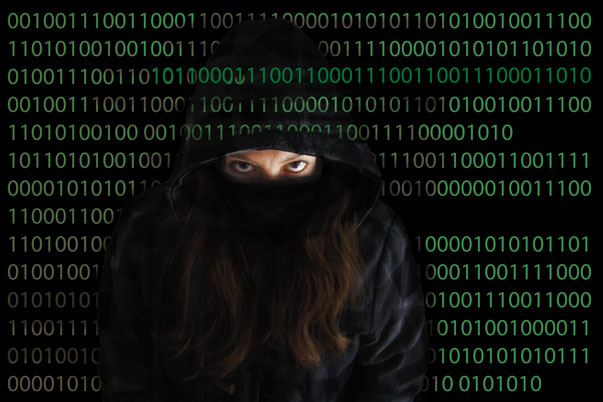
By: C. Harold Pierce
Privacy is a relic of the past. Millennials do not value privacy, and the majority of them do not understand the meaning of the term, according to a 2013 USC survey.
About 70 percent of millennials ages 18 to 34 say no one should have access to their data, but 25 percent would trade it away for personalized advertising. About half will forgo their privacy for coupons and share their information with companies like Del Taco, Target and Jack in the Box if they get something in return, according to an online privacy study conducted by the USC Annenberg Center for the Digital Future and
Bovitz Inc.
“Disneyland was doing it. If you shared their page, the first 123 people got four free tickets. My cousin shared it,” Santa Ana College student Yanci Liberato said.
But social media is riddled with deception, and it’s not just from companies looking for likes, some students said.
“A lot of them [profiles] are fake and they’re just random people looking to gain followers,” said student Stephanie Cabanas, explaining that more than once she has friended a company, only to find out later that it was an individual duping people for online friends.
In a rush to eliminate millennial’s privacy concerns, companies are rolling out secure phones and applications that ensure confidentiality.
More than five million active users have downloaded apps like Cyberdust and Snapchat, which promise to obliterate text and picture messages seconds after being received.
- In Photos: Fiestas Patrias 2025 - September 25, 2025
- The two-party system is failing us. - October 19, 2024
- Read our Fall 2023 Print: Vol. 100 No. 1 - October 23, 2023











